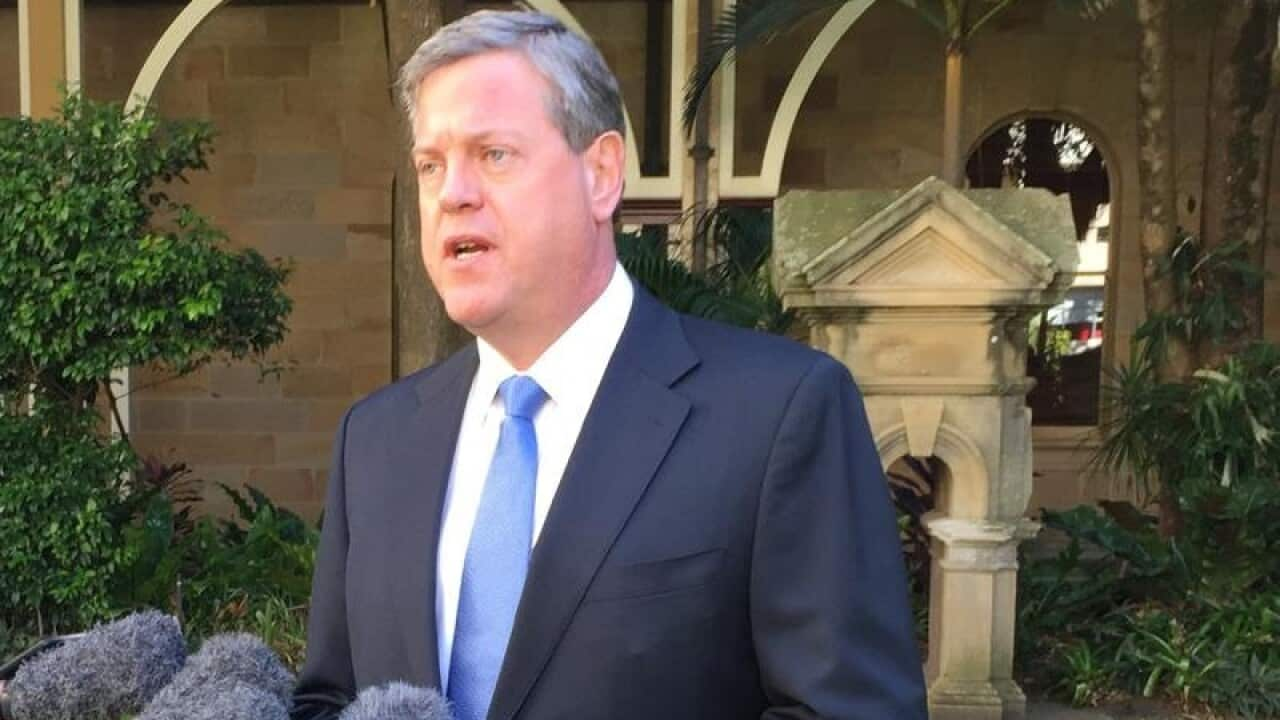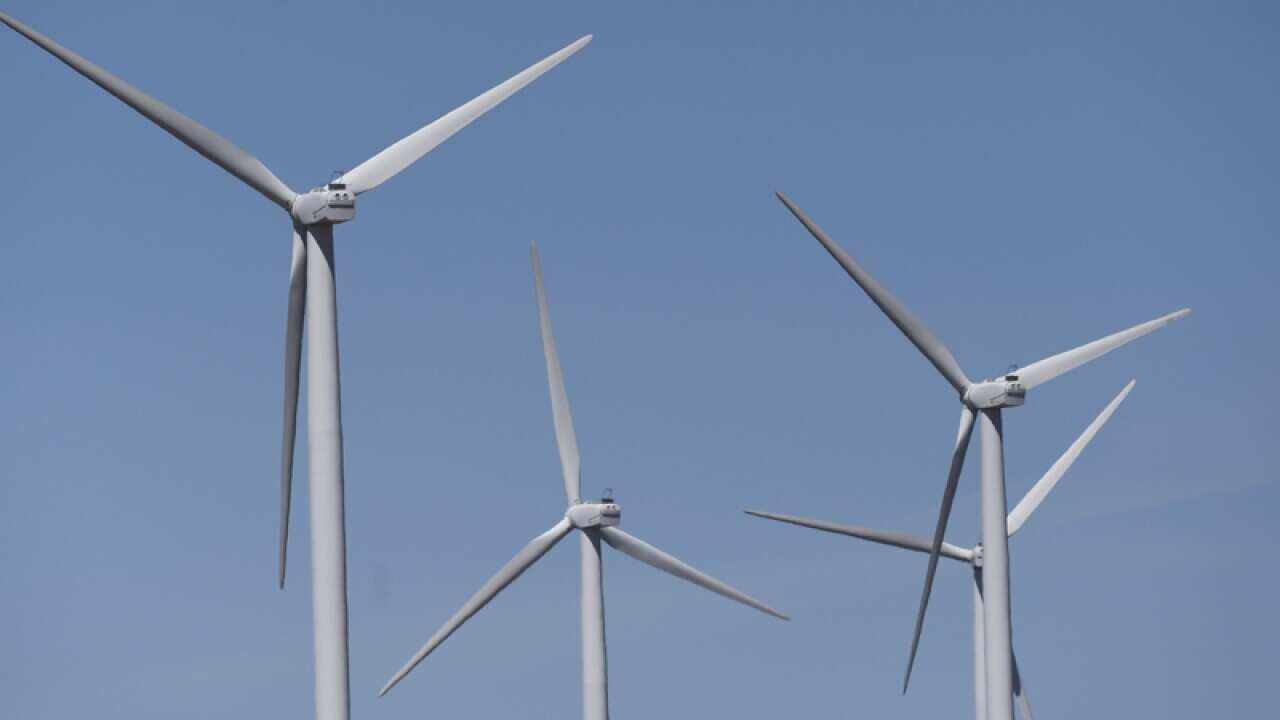The federal government has compared the likelihood of a "carbon tax" on the family car to an Elvis sighting.
The coalition was on Wednesday hosing down reports industry consultations on a new vehicle emissions standard could result in an emissions impost.
"Certainly no decisions have been made in that regard at all," Prime Minister Malcolm Turnbull told reporters in London.
Peak motoring body the Australian Automobile Association has warned if such a proposal became reality the price of the average family car could raise by as much as $5000.
Related reading

Queensland carbon neutral by 2050: Labor
But Energy Minister Josh Frydenberg said it was a beat-up because consultations on fuel efficiency standards have been ongoing since October 2015 and no final decision had been made.
"There is as much chance of a carbon tax on cars as Elvis making a comeback," he told ABC television.
"The only thing the government is interested in is how do we reduce the fuel costs for families on their vehicles."
The industry consultations are being spearheaded by the federal Department of Infrastructure and Regional Development, under its ministers Mr Frydenberg and Paul Fletcher.
Conservative Liberal senator Eric Abetz praised the government for "strongly" putting the "issue back into the cupboard where it belongs".
"The suggestion that the department put out had all the hallmarks of a mini-carbon tax," he told Sky News.
The AAA said if the department's proposed model was implemented it could stop people from buying new, more efficient cars and keep their dirtier vehicles.
"Even the makers of the Toyota Prius would be penalised under the government's proposed emission scheme rules," CEO Michael Bradley told ABC radio.
Australia's emmissions standard for new vehicles have been in place for almost 50 years and progressively updated over the years.
According to the department's website, current day updates aim to "reflect Australia's commitment to harmonise with the vehicle standards developed by the United Nations, where ever possible."
A draft plan on potential measures to reduce vehicle emissions is due to go to the federal government later this year.



